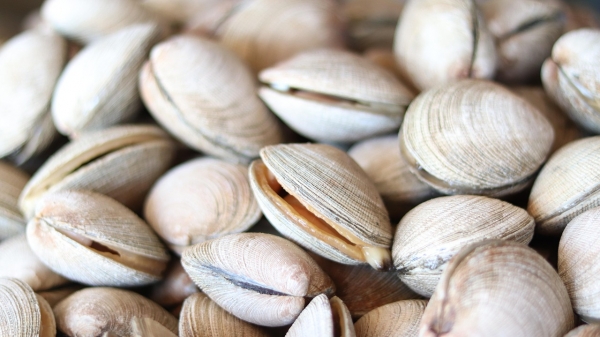A study of clam shells suggests Atlantic Ocean currents may be approaching a “tipping point”.
A study of clam shells suggests Atlantic Ocean currents may be approaching a “tipping point”.
Scientists studied records of quahog clams (which can live for over 500 years) and dog cockles – because shell layers provide an annual record of ocean conditions.
They studied these natural archives to understand long-term patterns in Atlantic Ocean currents such as the Atlantic Meridional Overturning Circulation (AMOC) and the subpolar gyre (SPG).
Recent studies have debated possible AMOC and SPG tipping points – transitions that would transform climate patterns. For example, AMOC collapse would have far-reaching global effects, from harsher winters in north-west Europe to shifts in global rainfall patterns, while a weakening of the SPG would be less catastrophic but still bring substantial impacts, including more frequent extreme weather in the North Atlantic region.
Read More: University of Exeter
Photo Credit: GonzaKnox via Pixabay




